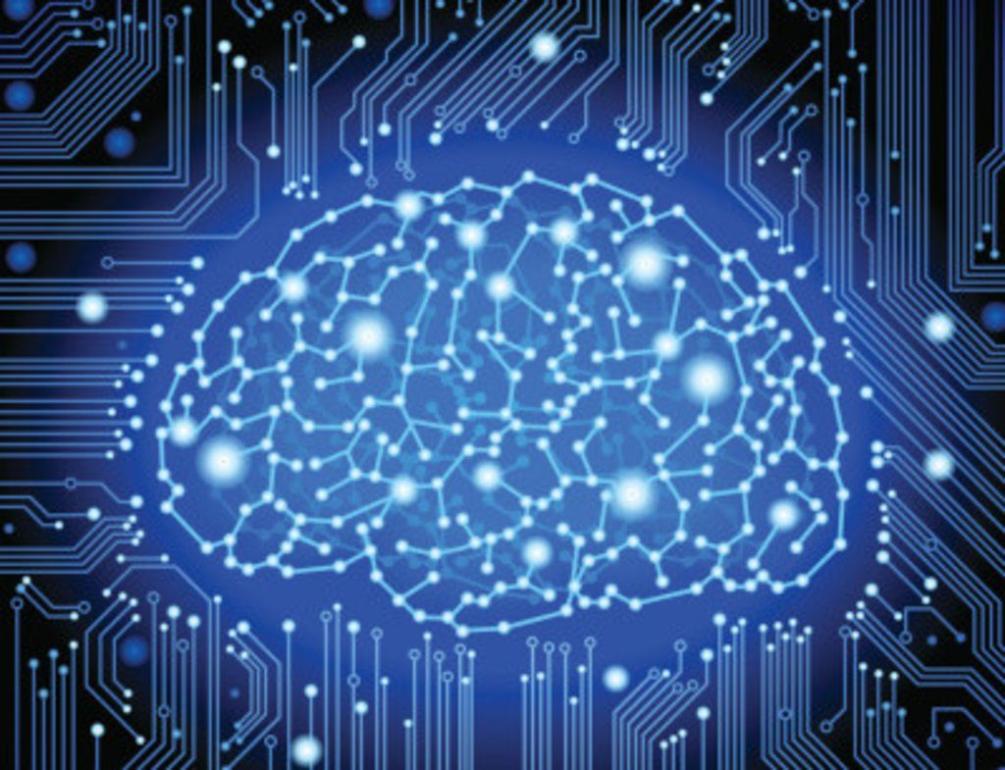How Can AI Be Used to Improve Public Services in the United Arab Emirates?
The United Arab Emirates (UAE) has long been at the forefront of innovation, embracing cutting-edge technologies to drive progress and enhance the lives of its citizens. Artificial intelligence (AI) is no exception, and the UAE government has recognized its immense potential to revolutionize public services, transforming them into more efficient, accessible, and transparent systems.

AI Applications In Public Services:
1. Enhance Government Efficiency:
- AI-powered systems can streamline administrative processes, automating repetitive tasks and reducing the time and resources required for various government functions.
- Data analysis capabilities of AI can aid decision-making, providing insights and patterns that might otherwise be missed, leading to more informed and effective policy formulation.
2. Improve Healthcare Delivery:
- AI can personalize healthcare by analyzing individual patient data to provide tailored treatment plans and preventive care measures.
- Remote patient monitoring systems powered by AI can facilitate continuous health monitoring, enabling timely intervention and reducing the need for hospital visits.
- AI can expedite medical research and drug discovery by analyzing vast amounts of data to identify patterns and potential treatments.
3. Transform Education:
- AI-driven learning platforms can personalize education, adapting to each student's learning style and pace, enhancing engagement and knowledge retention.
- AI can provide real-time feedback and assessment, enabling students to track their progress and identify areas for improvement.
4. Optimize Infrastructure Management:
- AI-powered systems can monitor and control traffic flow in real-time, reducing congestion and improving overall traffic management.
- AI can optimize energy distribution by analyzing consumption patterns and predicting demand, leading to more efficient and sustainable energy usage.
- AI can help improve water conservation efforts by analyzing water usage patterns and identifying leaks or inefficiencies.
Benefits Of AI In Public Services:
1. Increased Efficiency:
- AI can reduce costs by automating repetitive tasks and streamlining processes, freeing up resources for more strategic initiatives.
- AI can expedite service delivery by providing 24/7 access to services and reducing wait times.
- AI can improve resource allocation by analyzing data and identifying areas where resources are most needed.
2. Enhanced Accessibility:
- AI-powered services can be accessed 24 hours a day, 7 days a week, providing convenience and flexibility to citizens.
- AI can reduce wait times by automating processes and providing real-time information, improving the overall user experience.
- AI can improve access for remote communities by providing services online or through mobile applications, bridging the gap between urban and rural areas.
3. Improved Transparency:
- AI can increase accountability by providing real-time data and insights into government operations, fostering transparency and public trust.
- AI can reduce corruption by automating processes and eliminating human intervention, minimizing opportunities for misconduct.
- AI can enhance public trust by providing citizens with easy access to information and enabling them to track the performance of public services.
Challenges And Considerations:
1. Ethical And Legal Implications:
- AI raises concerns about data privacy and security, as vast amounts of personal data are collected and analyzed.
- Algorithmic bias and discrimination pose a risk, as AI systems may perpetuate existing biases, leading to unfair or discriminatory outcomes.
- The need for ethical guidelines and regulations is crucial to ensure the responsible and ethical use of AI in public services.
2. Workforce Impact:
- AI may displace certain jobs, particularly those involving repetitive tasks, raising concerns about unemployment and the need for reskilling and upskilling programs.
- Ensuring a smooth transition to AI-powered services is essential to minimize job losses and provide opportunities for workers to adapt to the changing job landscape.
The transformative potential of AI in public services is undeniable. By embracing AI technologies, the UAE can enhance efficiency, accessibility, and transparency, ultimately improving the lives of its citizens. However, careful consideration must be given to the ethical, legal, and workforce-related challenges that AI presents. Continued investment in AI research and innovation, coupled with robust ethical frameworks and reskilling programs, will ensure that AI is harnessed responsibly and inclusively, driving progress and prosperity for all.
YesNo

Leave a Reply